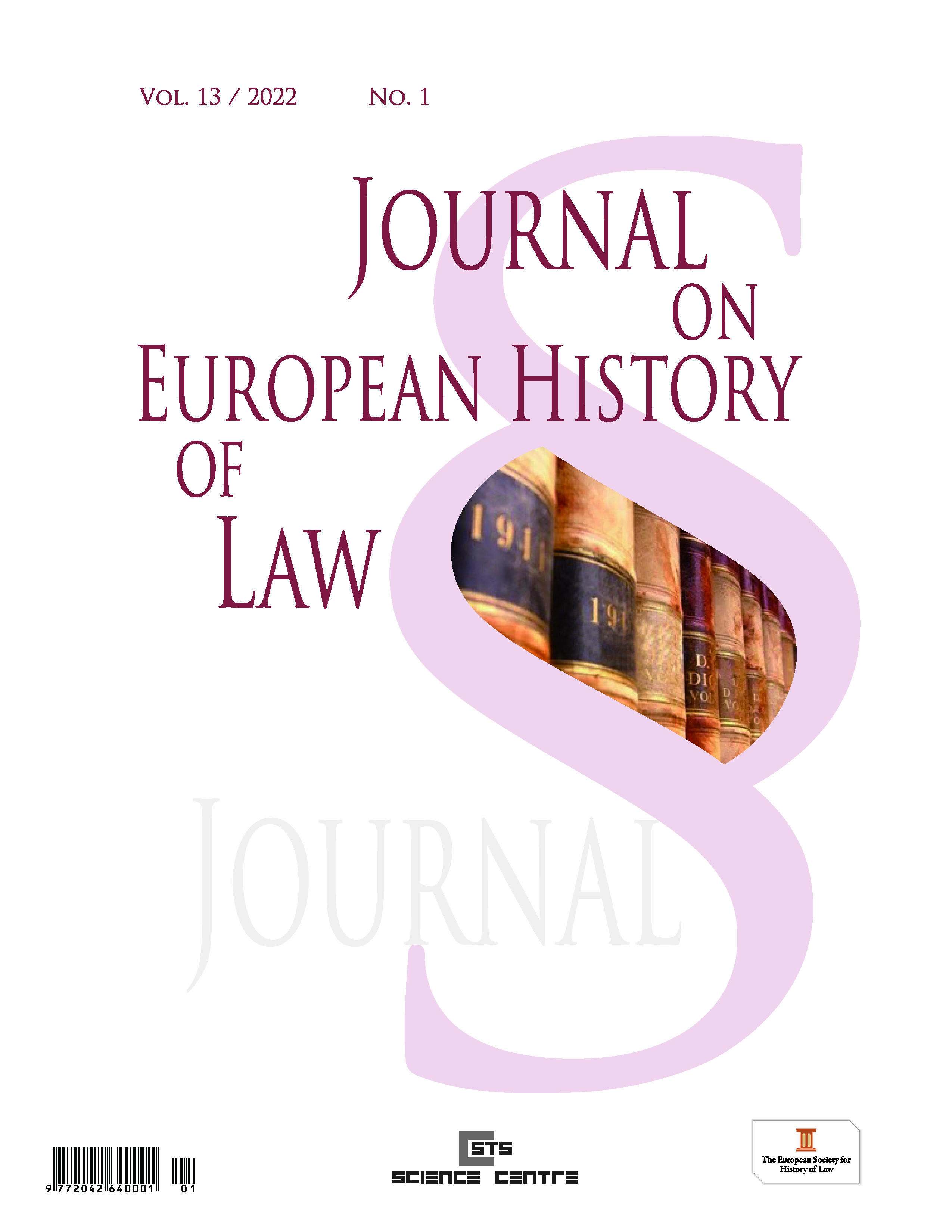Regeneraçao, Economic Development and Public-Private Partnership in Nineteenth Century Portugal: a Legal Historical Example
Regeneraçao, Economic Development and Public-Private Partnership in Nineteenth Century Portugal: a Legal Historical Example
Author(s): Carlos Manuel de Morais Seixas Pires SardinhaSubject(s): History of Law, Economic development, 19th Century
Published by: STS Science Centre Ltd
Keywords: Regeneraçao; fontismo; nineteenth century; Portugal; government deficit; railroad network; economic development; Public-Private Partnership; Europe;
Summary/Abstract: In the second half of the nineteenth century one of the main goals of the conservative turning point of the Portuguese Liberalism called Regeneraçao was to intensify the Portuguese economic development against the background of a free market and a capitalistic understanding of freedom. In this article I am going to give an analysis of a Decree dated from May 6, 1852, a Decree to be executed by the Minister and Secretary of State for the Affairs of the Kingdom, Rodrigo da Fonseca Magalhaes, and the Minister and Secretary of State for Finance, Antonio Maria de Fontes Pereira de Melo, future President of the Council of Ministers of the Kingdom of Portugal and one of the most important politicians of the Portuguese Constitutional Monarchy. The Decree deals with the establishment of a railroad network that, starting in Lisbon to the Portugal-Spain border, was going to connect the Kingdom of Portugal with the rest of Europe making use of what we can call a Public-Private Partnership. My analysis will begin with the background of the Regeneraçao, that is, Liberalism, Setembrismo and Cabralismo, and the beginnings of the railroad in Portugal. We can say that the legislative work of Mouzinho da Silveira while abolishing most of the existing feudalistic burdens in the Portuguese economy did contribute for the formation of an expansive, capitalist internal market. However, the further development of this market was going to imply broad infrastructure programs, namely the construction of a railroad network. Because of the public finance problems in Portugal, namely the government deficit, financing these infrastructure programs would challenge the financial and legal thought of those responsible for these public works. It was during the Regeneraçao that Fontes Pereira de Melo provided a decisive impulse for public works, namely for the construction of a railroad network. The financial and legal thought underlying the above mentioned Decree can be described as an advanced program of Public-Private Partnership conceived with the goal of executing public works and building public property in a low-risk environment with a minimum use of public funds.
Journal: Journal on European History of Law
- Issue Year: 13/2022
- Issue No: 1
- Page Range: 35-42
- Page Count: 8
- Language: English
- Content File-PDF

